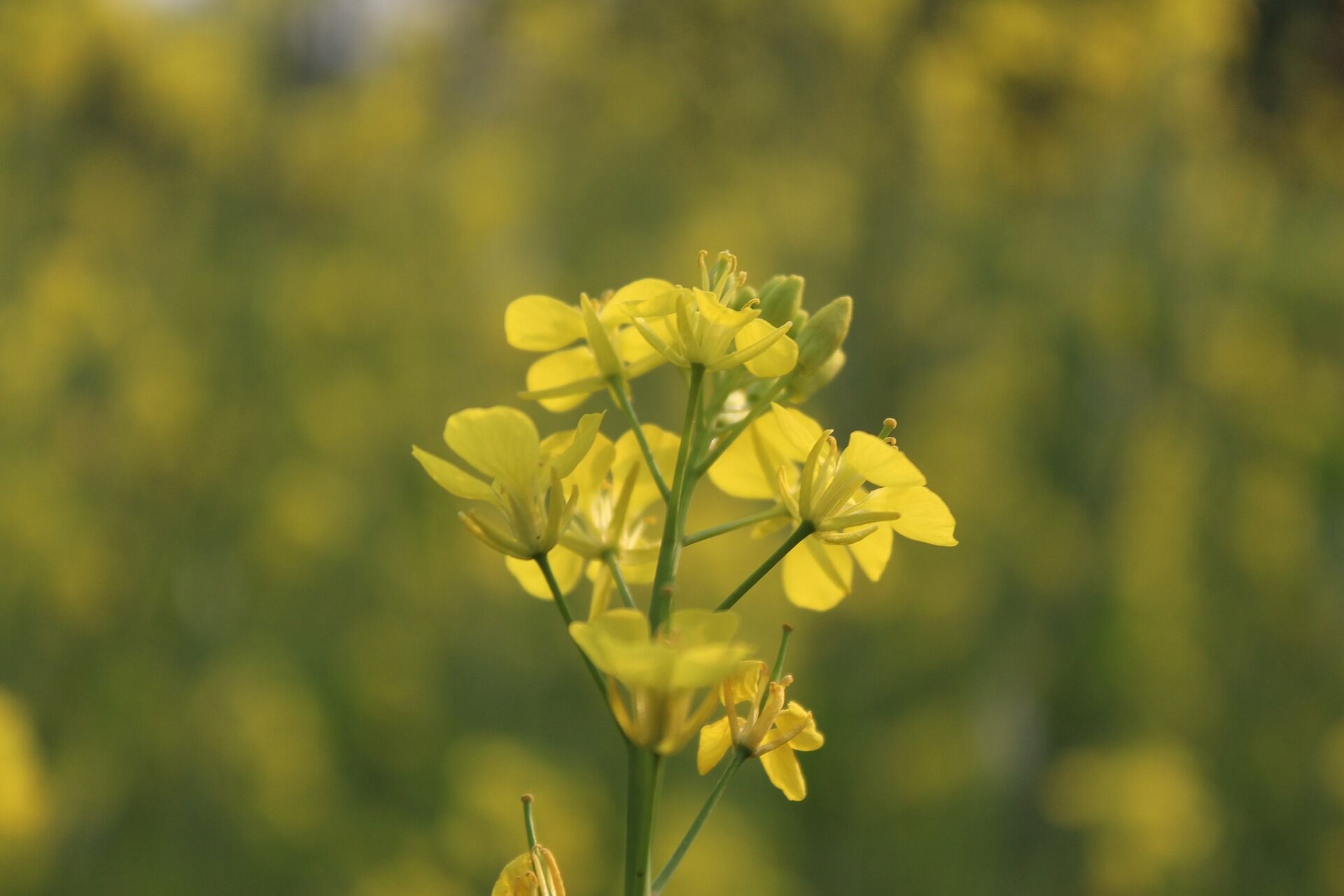Awaiting clearance

Five years after the Ministry of Environment, Forest & Climate Change rejected the Genetic Engineering Appraisal Committee's (GEAC's) proposal for the commercial cultivation of genetically modified (GM) mustard, the committee has again come up with an environmental release of GM mustard. While rejecting the 2017 proposal, the Environment Ministry had asked GEAC to carry out more detailed studies. Now that the committee has come up with detailed findings, if the ministry gives it a final go, GM mustard may become India's first genetically modified food crop in a couple of years' time. There are, however, uncertainties around such a development. Environment ministry's 2017 veto had coincided with protests registered by experts and socio-political groups. These voices have not yet subsided. More importantly, critical questions around the safety of GM mustard have not got convincing answers. While the ministry's response is still awaited, there is need for a wider public consultation to assess the benefits that GM mustard may come up with, and the parallel risks it may pose. Any balanced decision at this time will have to be guided by experts' views, and be based on socio-political consensus. On the positive side, the approved variety — DMH (Dhara Mustard Hybrid)-11 — is expected to deliver 30 per cent higher yields than the existing varieties. The boost in production may help bridge the gap between import and production of the edible oil that India consumes. India's production stands significantly low at nine million tonnes while it imports around 14 million tonnes — resulting in outflow of USD 19 million. The situation has particularly been grim over the past couple of years as prices of edible oil in India have more than doubled. Being one of the daily consumed items, its high prices adversely affect the middle and lower class of society. Commercial production of GM mustard might be one of the fixes to this long prevailing problem. It may be noted here that the average yield of mustard in India stands at around 1,000 to 1,200 kg — almost half of the global average! So, boosting the production of mustard can be counted as a desired pursuit, and DMH-11 can assist us in this pursuit. However, there are several serious apprehensions regarding the commercialisation of DMH-11. The hybrid variety was developed by Delhi University's Centre for Genetic Manipulation of Crop Plants (CGMCP). It contains two alien genes — barnase and barstar — extracted from a soil bacterium called Bacillus amyloliquefaciens. The DMH-11 is a result of cross-over between two Indian mustard varieties — Varuna (barnase line) and Early Heera-2 (barstar line). However, there is a presence of a third marker gene called 'bar' which makes the hybrid variety tolerant to glufosinate ammonium — used in herbicides. India's biotech regulator has been conventionally holding itself back from clearing herbicide tolerant plants — citing farmers' interest. It is believed that use of such plants will hamper the conventional method of manual weeding which provides labour work to a section of rural society. More important criticism is that herbicide tolerant plants, in general, drive farmers' preference towards using selected brands of herbicides — amounting to unfair practices. Even the organisations like Greenpeace and Alliance for Sustainable and Holistic Agriculture have, in the past, protested against normalising the use of such plants. Deepak Pental — one of the pioneers of the DMH-11 project — had himself admitted that commercial use of DMH-11 may go partially in favour of a certain herbicide manufacturing MNC. In addition, there are apprehensions around the safety of the genetically modified crop. Swadeshi Jagran Manch (SJM) — an affiliate of the Rashtriya Swayamsevak Sangh (RSS) — has raised questions around the safety and "swadeshi" nature of DMH-11. Some other environmental groups have also flagged circumvention of biosafety regulations. This is, however, a contested argument, and can be made clear by incorporating expert views only. It is high time that scientists and biotech experts speak with clarity and precision on this issue. A more informed public consensus, and not political considerations, should guide us the way forward. If found safe and unbiased, DMH-11 can prove to be a gamechanger. Undue advantage to particular MNCs can be prevented through regulations.



